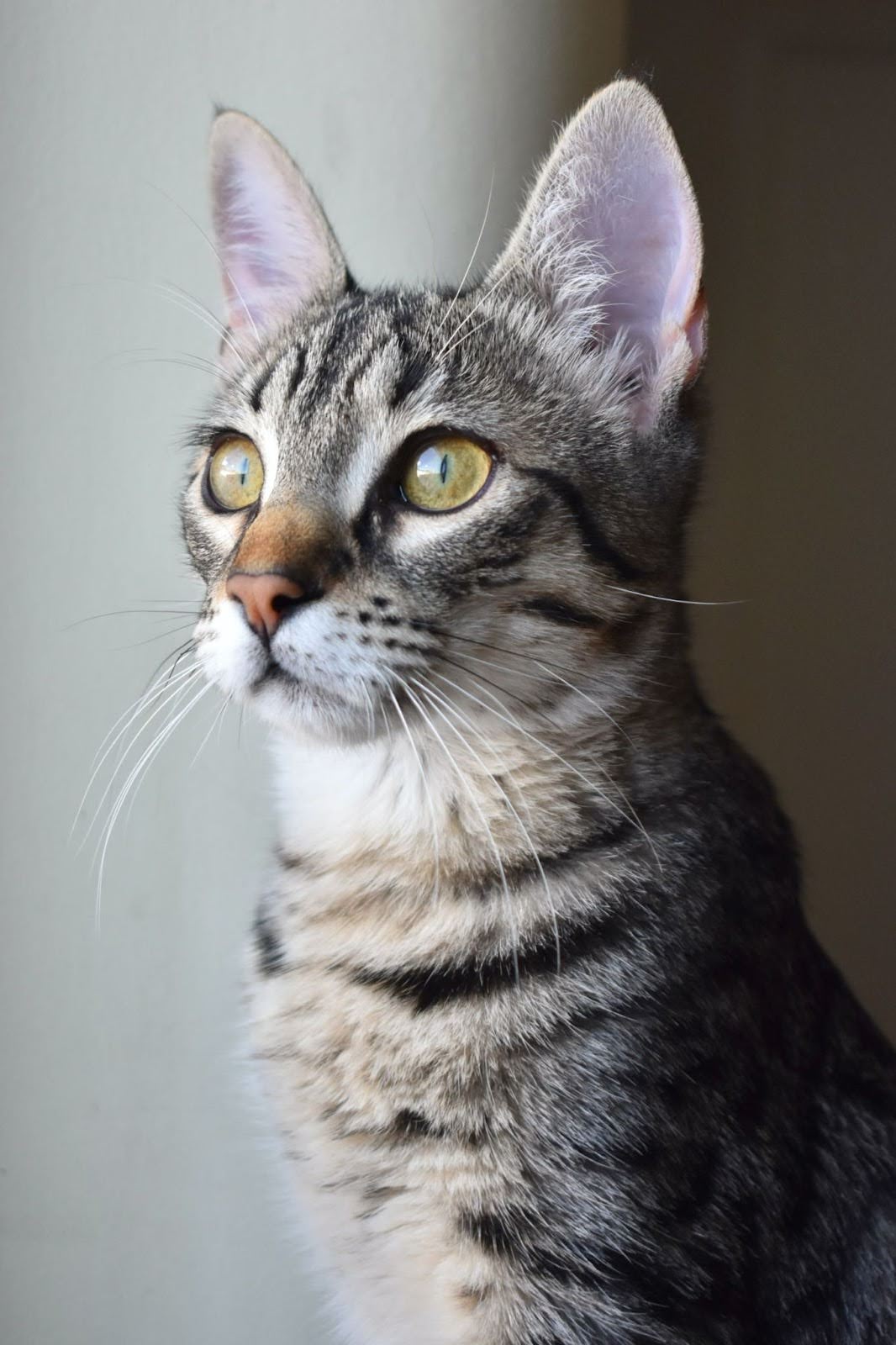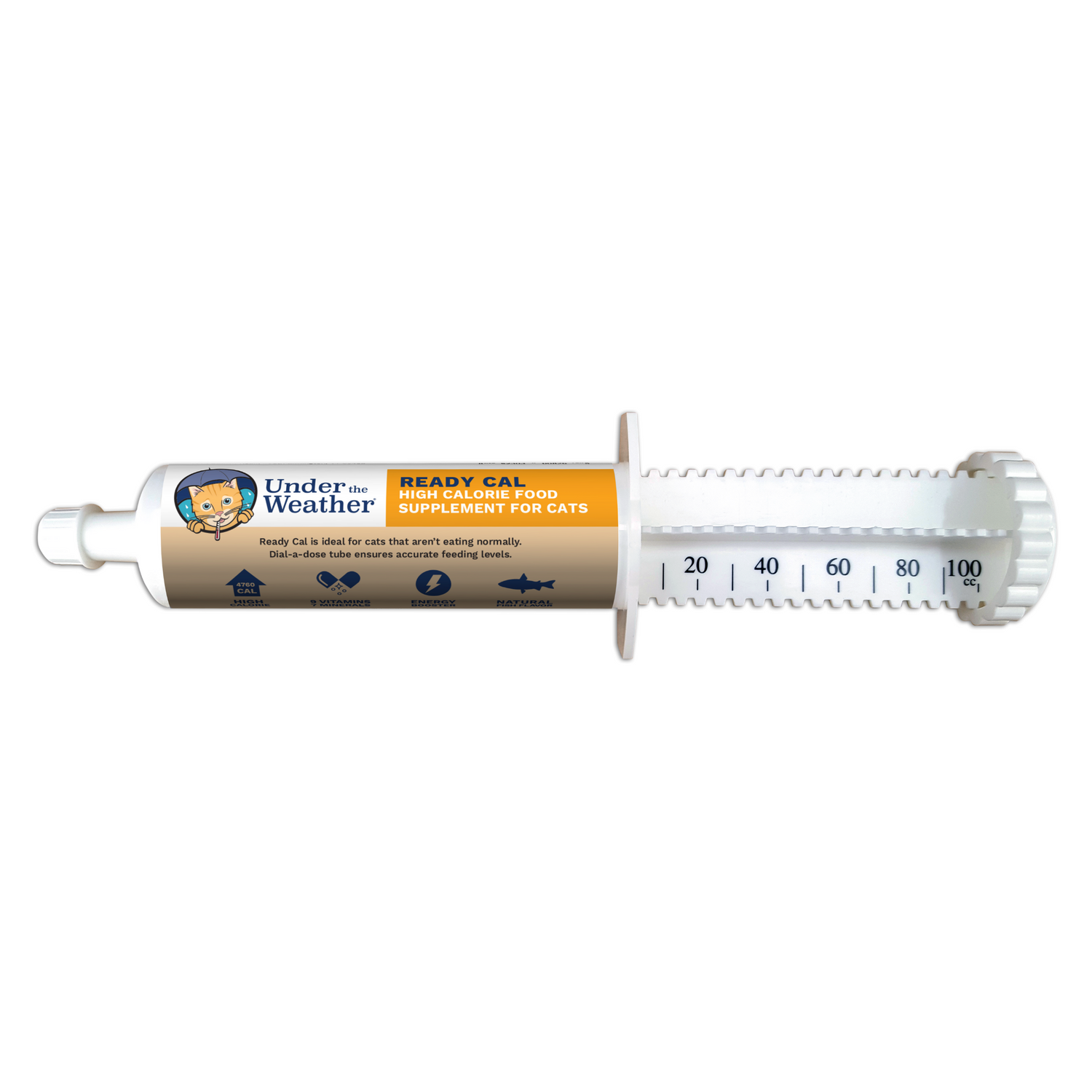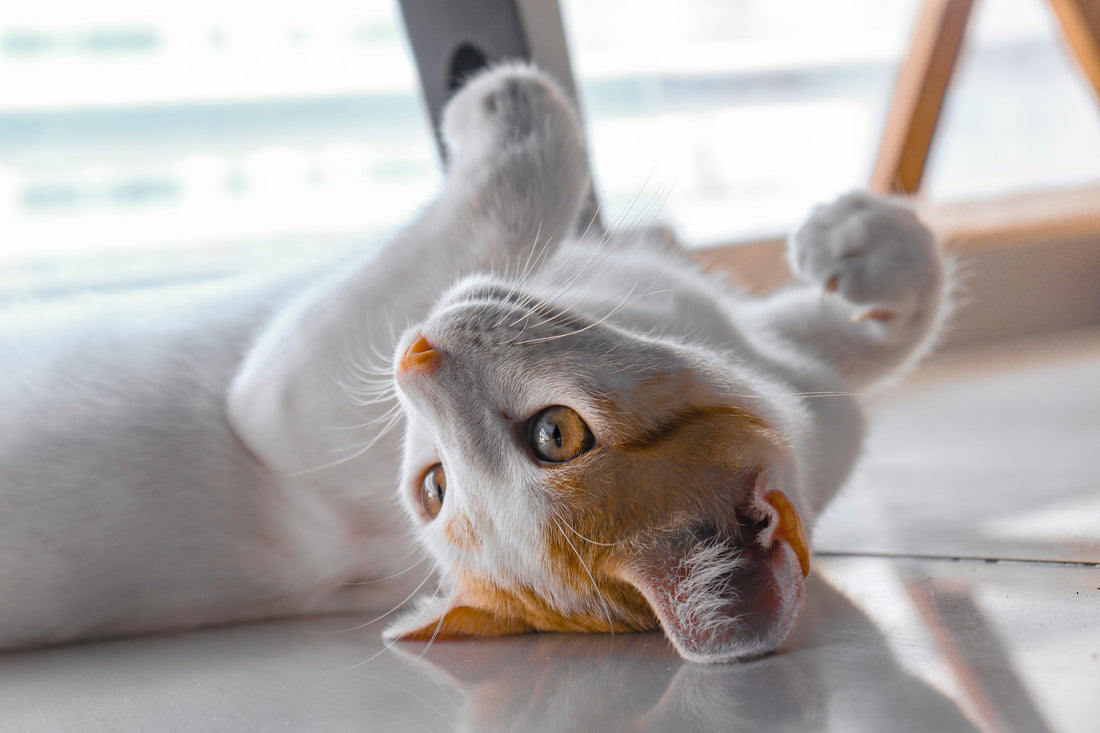In recent years, bone broth has gained popularity as a nutritional addition to human diets. But did you know that bone broth can also benefit our feline friends? Rich in essential nutrients and packed with flavor, bone broth can play a significant role in a cat's diet. We will explore the many benefits of bone broth for cats, learn how to prepare it, and discuss some potential risks and considerations.

Understanding Bone Broth: A Brief Overview
Before we dive into the specific benefits of bone broth for cats, let's take a moment to understand what bone broth is. Bone broth is a nutrient-rich liquid that is made by simmering animal bones and connective tissues for an extended period. This slow cooking process allows the bones to release collagen, minerals, and amino acids, resulting in a gelatinous and flavorful liquid.
What is Bone Broth?
Bone broth is not the same as regular broth or stock. While broths and stocks are typically made from meat and cooked for a shorter time, bone broth is made primarily from bones and is simmered for several hours, often up to 24 hours. The extended cooking time is what gives bone broth its unique properties and nutritional benefits.
When making bone broth, it is important to use high-quality bones from organic, pasture-raised animals. This ensures that the broth is free from antibiotics, hormones, and other harmful substances that can be present in conventionally raised animals. The choice of bones can vary, but popular options include beef, chicken, and fish bones.
During the cooking process, the bones release a variety of nutrients into the broth. Collagen, a protein found in bones, tendons, and ligaments, is one of the key components of bone broth. It provides structural support to the body and helps maintain healthy skin, joints, and connective tissues.
In addition to collagen, bone broth is also rich in minerals. Calcium, phosphorus, and magnesium are essential for maintaining strong and healthy bones. These minerals are released from the bones during the simmering process, making bone broth an excellent source of these nutrients.
Amino acids, the building blocks of proteins, are another important component of bone broth. These include glycine, proline, and glutamine, which play a crucial role in various bodily functions. Glycine, in particular, has been shown to have anti-inflammatory effects and can support a healthy immune system.
The Nutritional Content of Bone Broth
Bone broth is packed with essential nutrients that can support a cat's overall health and well-being. It is a rich source of collagen, a protein that helps maintain healthy skin, joints, and connective tissues. Collagen is also beneficial for promoting a shiny coat and reducing the risk of skin issues in cats.
In addition to collagen, bone broth contains minerals such as calcium, phosphorus, and magnesium, which are vital for bone health. These minerals contribute to the development and maintenance of strong bones and teeth in cats. They also play a role in muscle function and nerve transmission.
Amino acids found in bone broth, such as glycine and proline, are important for supporting the immune system and promoting overall well-being in cats. Glycine has been shown to have anti-inflammatory effects, which can help reduce inflammation and support a healthy immune response.
Furthermore, bone broth is a great source of hydration for cats. It provides a flavorful alternative to plain water and can help ensure that your cat stays well-hydrated, especially if they are reluctant to drink water on their own.
Overall, bone broth is a nutritious addition to a cat's diet. It provides a wide range of essential nutrients that can support their overall health, from promoting healthy skin and joints to supporting a strong immune system. Adding bone broth to your cat's diet can be a simple and beneficial way to enhance their well-being.
The Importance of Bone Broth in a Cat's Diet
Bone Broth as a Source of Hydration
Proper hydration is essential for cats, as it supports the health of their kidneys, aids digestion, and helps regulate body temperature. While cats primarily obtain moisture from their food, bone broth can contribute to their daily hydration needs. Adding bone broth to a cat's diet can be especially beneficial for cats who are reluctant to drink water, have a history of urinary tract issues, or are transitioning to a wet food diet.
When it comes to hydration, cats can be notoriously picky. Some cats simply do not drink enough water, which can lead to dehydration and potential health problems. This is where bone broth comes in. Not only does it provide a flavorful alternative to plain water, but it also adds extra moisture to a cat's diet. The broth is made by simmering bones, such as chicken or beef, in water for an extended period of time. This slow cooking process allows the bones to release their nutrients and flavors into the liquid, creating a rich and nourishing broth.
For cats who have a history of urinary tract issues, bone broth can be a game-changer. The increased moisture content in the broth helps to flush out the urinary system, reducing the risk of blockages and promoting overall urinary health. Additionally, the warm temperature of the broth can be comforting to cats, encouraging them to drink more and stay properly hydrated.
Bone Broth and Digestive Health
Cats with sensitive stomachs or gastrointestinal issues can often benefit from bone broth. The gelatin in bone broth aids in soothing and healing the gut lining, making it a valuable addition to a cat's diet, particularly during bouts of digestive upset or illness. Additionally, the collagen and amino acids found in bone broth support the growth of beneficial gut bacteria, promoting a healthy digestive system.
When a cat's digestive system is out of balance, it can lead to a variety of issues such as diarrhea, constipation, and vomiting. Bone broth can help alleviate these symptoms by providing gentle nourishment and promoting the healing of the gut lining. The gelatin in the broth acts as a protective barrier, coating the stomach and intestines and reducing inflammation. This can help calm an upset stomach and restore normal digestion.
Furthermore, the collagen and amino acids in bone broth play a crucial role in maintaining a healthy gut microbiome. These nutrients provide the building blocks for the growth of beneficial bacteria in the intestines, which are essential for proper digestion and nutrient absorption. By supporting the growth of these beneficial bacteria, bone broth helps to maintain a balanced and thriving digestive system in cats.
Bone Broth for Joint Support
As cats age, they may experience joint stiffness and discomfort. The collagen and amino acids in bone broth can help support joint health and flexibility in cats. Regular consumption of bone broth may contribute to improved mobility and overall joint comfort, making it an excellent supplement for senior cats or those with joint-related issues.
Just like humans, cats can develop joint problems as they get older. This can be due to factors such as arthritis, injury, or simply the wear and tear of daily activities. Bone broth contains collagen, a protein that is essential for maintaining the health and integrity of joints. When cats consume bone broth, the collagen is broken down into amino acids, which are then used by the body to repair and rebuild joint tissues.
By providing these essential building blocks, bone broth can help reduce joint inflammation, increase joint mobility, and alleviate discomfort in cats. It acts as a natural and holistic approach to joint support, without the need for medications or invasive treatments. Whether your cat is a senior who needs extra joint care or a younger cat who is prone to joint issues, incorporating bone broth into their diet can make a significant difference in their overall joint health and quality of life.
Preparing Bone Broth for Cats
Choosing the Right Bones for Broth
When preparing bone broth for cats, it is crucial to choose high-quality bones. Opt for 100% natural bones from grass-fed or pasture-raised animals. Avoid using bones that have been cooked or seasoned, as they may contain harmful ingredients. Additionally, it's essential to ensure that the bones are size-appropriate for your cat. Large bones can present a choking hazard, so it's best to use smaller bones or to remove the bones entirely before serving the bone broth to your cat.
The Cooking Process
To make bone broth for cats, simply place the chosen bones in a large pot and cover them with water. Add a tablespoon of apple cider vinegar, which helps extract the nutrients from the bones. Bring the mixture to a boil, then reduce the heat and simmer for several hours, up to 24 hours. During this time, make sure to occasionally skim off any foam that rises to the surface. Once the broth is ready, strain it and allow it to cool before serving it to your cat.
Storing and Serving Bone Broth
Bone broth can be stored in the refrigerator for up to five days. You can also freeze bone broth in ice cube trays or small containers for longer-term storage. When serving bone broth to your cat, it can be served on its own, poured over their regular food, or frozen into small popsicles for a refreshing treat during hot weather. However, it's crucial to always monitor your cat while they're enjoying bone broth or any other food, ensuring that they're consuming it safely and not experiencing any adverse reactions.

Potential Risks and Considerations
Possible Side Effects of Bone Broth
While bone broth is generally safe and nutritious for cats, some cats may experience adverse reactions. Some cats may have sensitivities or allergies to certain animal ingredients or to the gelatin naturally found in bone broth. If you notice any signs of digestive upset, such as vomiting or diarrhea, after introducing bone broth to your cat's diet, it's best to consult with a veterinarian to rule out any underlying issues.
When to Avoid Bone Broth in a Cat's Diet
While bone broth can be beneficial for most cats, certain circumstances may warrant avoiding its inclusion in a cat's diet. Cats with certain medical conditions, such as pancreatitis or kidney disease, may require dietary restrictions or modifications that limit the consumption of bone broth. Additionally, cats on specific therapeutic diets may need to avoid bone broth to ensure proper nutrient balance. If your cat has any pre-existing health conditions, always consult with a veterinarian before adding bone broth to their diet.
Incorporating Bone Broth into Your Cat's Regular Diet
Mixing Bone Broth with Dry Food
If your cat primarily eats dry food, you can mix a small amount of bone broth into their kibble to add moisture and enhance the flavor. Start by adding a teaspoon of bone broth to your cat's dry food and gradually increase the amount as needed. This method can be particularly helpful for cats who are transitioning from a dry food diet to a wet food diet.
Using Bone Broth as a Treat or Supplement
You can also use bone broth as a delicious and nutritious treat for your cat. Serve bone broth in small amounts as an occasional snack, or use it to moisten freeze-dried or dehydrated treats. Additionally, bone broth can be used as a supplement during periods of recovery or illness when a cat's appetite may be reduced.
Adjusting Portions Based on Cat's Size and Health Condition
As with any dietary addition, it's important to consider your cat's individual needs when incorporating bone broth into their diet. Adjust the portion size of bone broth based on your cat's size, age, and overall health condition. If you're unsure about the appropriate amount to offer your cat, consult with a veterinarian for personalized guidance.
Conclusion
Bone broth can be a valuable addition to a cat's diet, offering numerous benefits such as hydration support, digestive health promotion, and joint support. When prepared and served responsibly, bone broth can be a delicious and nutritious treat that enhances your cat's overall well-being. However, it's essential to consider your cat's individual needs and consult with a veterinarian if you have any specific concerns or questions regarding bone broth. With proper care and consideration, bone broth can play a beneficial role in keeping your feline companion healthy and happy.
Every Sale Supports a Shelter Pet. Learn More.
Created in Vermont. Learn More.
Written by: Min Lee
If you suspect your pet is sick, call your vet immediately. For health-related questions, always consult your veterinarian, as they have examined your pet, know the pet's health history, and can make the best recommendations for your pet.






